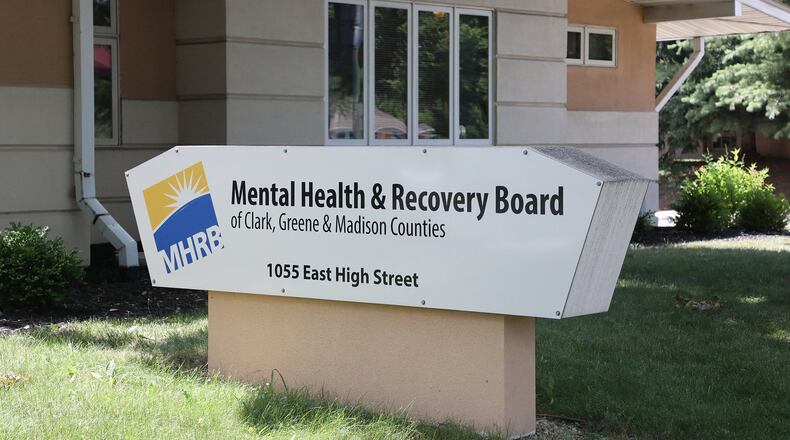The 10-year, 1.0-mill levy would generate close to $1.9 million in tax revenue each year and the levy would cost the owner of a $100,000 home $35 annually. Mayer said the levy represents 25 percent of the board’s total funding for the year.
TRENDING: Springfield farm goes viral after reality show comes to visit
“It’s critical because it provides resources for healing. It provides navigation for help, and a response for hope,” Mayer said.
The Mental Health & Recovery Board funds 11 agencies with Mental Health Services of Clark and Madison Counties eating the biggest chunk of funding, followed by McKinley Hall, which offers drug and alcohol addiction services.
The last time the board asked voters to approve a levy was in 2008, which also spanned 10 years. Mayer said the support was overwhelming, especially in a time of financial crisis. From 2010-2017, there has been an increase of more than 4,000 Clark County residents who have received services.
She encourages voters to think about people outside of their circle who may be in need of services.
“If you don’t have someone in your family with severe mental illness or someone who’s facing an opiate addiction — which we know more and more people are impacted that have never been impacted before,” Mayer said. “I would say look at your family, even your extended family. It’s really hard to find someone who is not impacted.”
JOBS: Historic Springfield manufacturer to ramp up hiring
Mayer mentioned Drug-Free Workforce, a recent initiative that was sustained by levy dollars, as an example of how the agency uses the revenue. She said 13 businesses have gone through training to increase an employable, drug-free workforce in Ohio.
“That’s giving a response to hope for individuals with addiction that they may have a second chance at their workplace,” Mayer said.
The board also provided funding in the last year for Families of Addicts (FOA), a new contract agency located in downtown Springfield that supports families of those impacted by opiate addiction through weekly group meetings. Mayer said sometimes there are up to 60 individuals in attendance at a single meeting.
Outside of direct treatment, the board also has invested in several training and prevention programs.
The board will also seek approvals on levies in Greene and Madison counties.
“We really need the community to come together and support us again,” Mayer said.
About the Author
